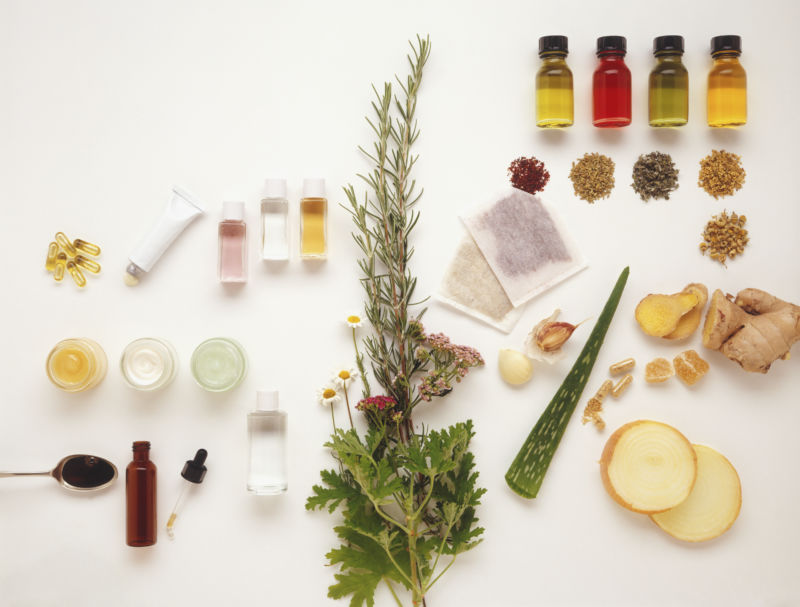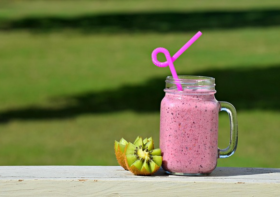Crowdfunding raises millions for quack cancer remedies, like coffee enemas

reader comments
112 with 69 posters participating
Share this story
Doctors and clinics that peddle unproven, potentially harmful treatments to desperate cancer patients are pocketing millions thanks to donations collected on popular crowdfunding sites such as GoFundMe. That’s according to data published recently in BMJ.
In just the UK, crowdfunding sites amassed around $10 million since 2012 for cancer treatments with an alternative-treatment element, the data indicate. Those figures were collected by the nonprofit organization the Good Thinking Society, which promotes scientific skepticism and rational thinking. Unfortunately, the group did not provide a similar tally for US-based donations. Earlier research had found that cancer patients who delay or skip conventional treatments in favor of “alternative” treatments have as much as a 5.7-fold increased risk of dying within five years than those who stick with conventional medicine.
Most of the crowdfunded treatments were administered at clinics in places such as the US, Germany, and Mexico, the Good Thinking Society found. The treatments included unproven “peptide vaccines” said to work against cancer cells, experimental immunotherapies, vitamin and mineral infusions, flax-seed and dangerous coffee enemas, various spa treatments, and dietary interventions, such as juice drinks. The treatments often cost patients anywhere from tens of thousands to hundreds of thousands of dollars.
Many of the clinics providing those services have reputations for being either dubious or outright fraudulent. Hundreds of thousands of dollars went to the Burzynski Clinic in Texas, for instance, which makes sweeping, unproven claims about curing cancer using peptides originally isolated from human urine. The clinic has been repeatedly slammed by health experts and authorities, including the National Cancer Institute and the Food and Drug Administration. In 2013, the FDA slapped the clinic with a lengthy warning for failing to safely treat patients and report adverse outcomes. Last year, the controversial head of the clinic, Stanislaw Burzynski, was disciplined by the Texas Medical Board for misleading terminally ill cancer patients about their treatments and risks.
Another questionable clinic reaping the benefits of crowdfunding from patients is the Whole Health Clinic in Tijuana, Mexico. That clinic offers a range of “alternative” treatments for cancer, including whole-body hyperthermia, hyperbaric oxygen, coffee and flax-seed enemas, vitamin and mineral infusions, and an “Alpha-2010 Spa System.”
But, by far, the most money from crowdfunding was flagged for treatments at the Hallwang Private Oncology Clinic in the Black Forest of Southern Germany. It was earmarked for more than $6 million in funding, to be specific. The Hallwang Clinic has long been derided by experts and advocates who claim it peddles false hope to desperate patients at exorbitant prices. The clinic markets itself as having a spa-like, nurturing environment where providers offer intensive, personalized treatments. Those treatments are usually a combination of unproven and experimental therapies. A 10-day visit can run upwards of $100,000.
The project director for the Good Thinking Society, Michael Marshall, told BMJ that the rules of crowdfunding sites need to change to protect patients and funders from these types of cancer treatments.
“If a fundraiser is for treatment for a serious or life-threatening condition such as cancer, it ought to be reviewed before it is sent live, especially if it contains terminology that raises red flags for quackery,” Marshall said.
Likewise, Edzard Ernst, former professor of complementary medicine at Exeter University, echoed the call. He went as far as comparing fundraising for exploitative cancer treatments to supporting violent organizations, which crowdfunding sites already bar. “Crowdfunding for a terror attack is out of the question,” he said. “Crowdfunding for cancer quackery is not any better and must be stopped.”
For its part, GoFundMe assured BMJ that it was “taking proactive steps” to better inform its users on this front. GoFundMe did not respond to Ars’ request for further information on what those steps might be or when policy changes may be put in place.
Original source: https://arstechnica.com/science/2018/09/crowdfunding-raises-millions-for-quack-cancer-remedies-like-coffee-enemas/



Leave a Reply